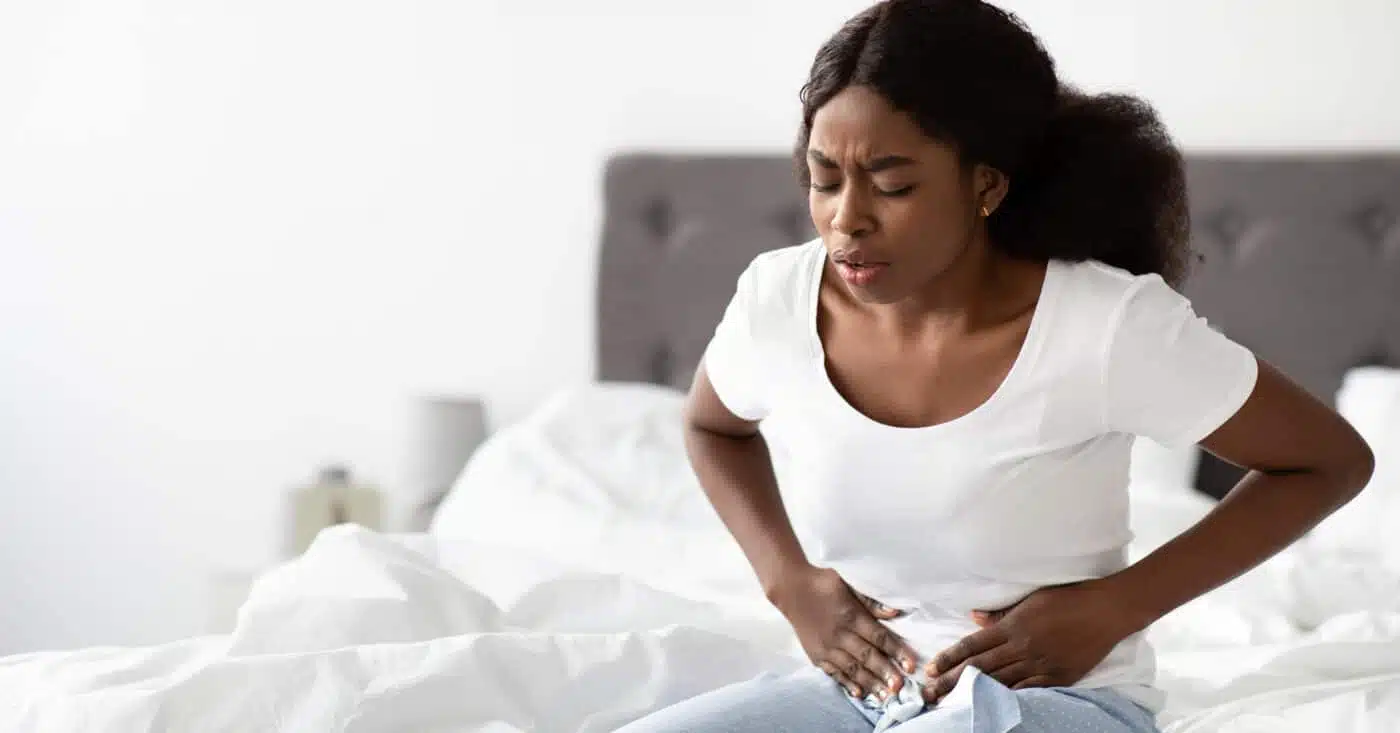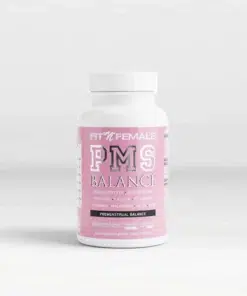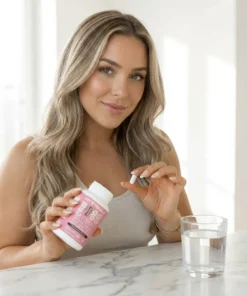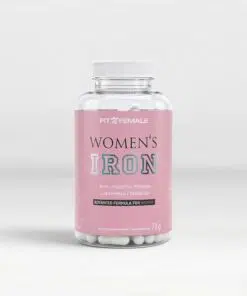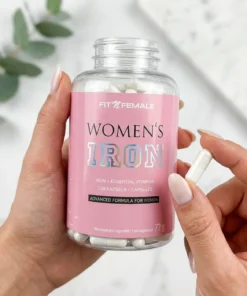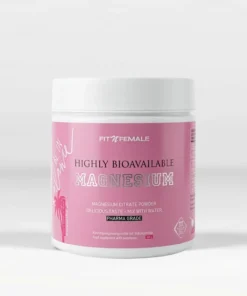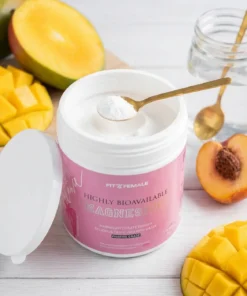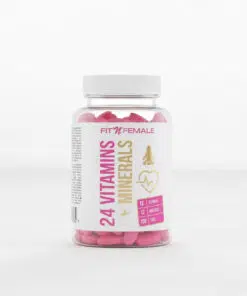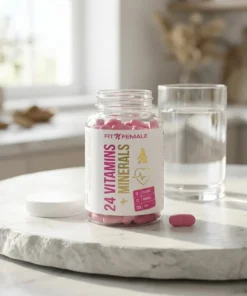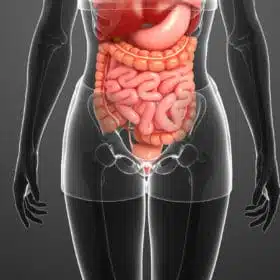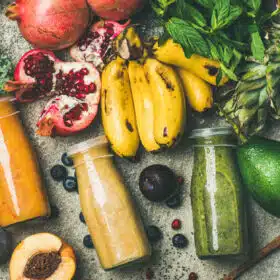Many women are familiar with the feeling of discomfort and physical stress during menstruation. Premenstrual syndrome (PMS) can often be very distressing, and can cause symptoms such as abdominal cramps, mood swings and fatigue. However, there are some things women can do to ease their discomfort during menstruation. Here are 10 tips that can really help you with PMS symptoms.
-
Eat healthy
A healthy diet can help reduce the symptoms of PMS. A balanced diet with plenty of fruits and vegetables, whole grains, lean protein and healthy fats can help provide the body with necessary nutrients and regulate hormonal balance.
-
Avoid salty foods
Salty foods can cause fluid to accumulate in the body, which can lead to a bloated belly and water retention. It is therefore advisable to avoid or at least reduce salty foods during menstruation.
-
Drink a lot of water
It is important to drink enough water during menstruation. Water helps flush toxins from the body and can help reduce water retention. It is recommended to drink at least 8 glasses of water per day.
-
Take dietary supplements
There are several supplements that can help relieve PMS symptoms. Magnesium, vitamin B6 and omega-3 fatty acids are known to reduce the symptoms of PMS. However, it is important to consult a doctor before taking any supplements.
At FitnFemale we specifically recommend our products for PMS symptoms PMS Balance, Magnesium Citrate, Omega-3 and 24 Vitamins & Minerals. PMS Balance contains a unique combination of medicinal plants and vital substances that are specifically tailored to the symptoms of PMS. Magnesium Citrate can help reduce cramps and muscle pain, while Omega-3 fatty acids have an anti-inflammatory effect and can improve well-being. 24 Vitamins & Minerals can help provide the body with all the necessary nutrients and regulate hormonal balance.
-
Relax
Stress can aggravate the symptoms of PMS. It is therefore important to find time for relaxation and stress reduction during menstruation. Yoga, meditation, massages and relaxing baths can help reduce stress and improve well-being.
-
Do sports
Regular physical activity can help reduce the symptoms of PMS. However, it is important not to exercise too intensively, as overexertion can make symptoms worse. Light physical activities such as walking, cycling or swimming can help relax the body and improve well-being.
-
Avoid caffeine and alcohol
Caffeine and alcohol can aggravate the symptoms of PMS. It is recommended to avoid or at least reduce caffeine and alcohol during menstruation.
-
Use heat packs
Heat can help relieve pain and cramps during menstruation. A hot water bottle or warm bath can help relax muscles and reduce pain. There are also special heat packs designed specifically for use during menstruation. These can simply be applied to the abdomen and can provide quick and effective relief.
-
Use natural remedies
There are several natural remedies that can help relieve PMS symptoms. Herbal teas such as chamomile, ginger and peppermint can help relieve abdominal cramps and improve well-being. Essential oils such as lavender and rosemary can also help relieve stress and relax the body.
-
Talk to your doctor
If the symptoms of PMS are very distressing and the above tips do not help, it is important to talk to a doctor. There are several medications that can help relieve PMS symptoms, and a doctor can also do further testing to make sure there are no underlying health problems.
Conclusion:
PMS symptoms can be very uncomfortable, but there are several things women can do to ease their discomfort. Eating a healthy diet, drinking enough water, relaxing, and being physically active can help reduce PMS symptoms. It is also important to avoid caffeine and alcohol and use natural remedies such as herbal teas and essential oils. However, if the symptoms are very distressing, it is important to speak with a doctor for further evaluation and to prescribe medication if necessary.
PMS products:
FAQ:
Yes, PMS can also cause mood swings, irritability and depression.
It is recommended to drink at least 8 glasses of water per day.
Yes, a balanced diet with plenty of fruits and vegetables, whole grains, lean protein and healthy fats can help provide the body with necessary nutrients and regulate hormonal balance.
Magnesium, vitamin B6 and omega-3 fatty acids are known to reduce the symptoms of PMS.
If the symptoms are very distressing and the above tips do not help, it is important to speak with a doctor for further evaluation and to prescribe medication if necessary.
